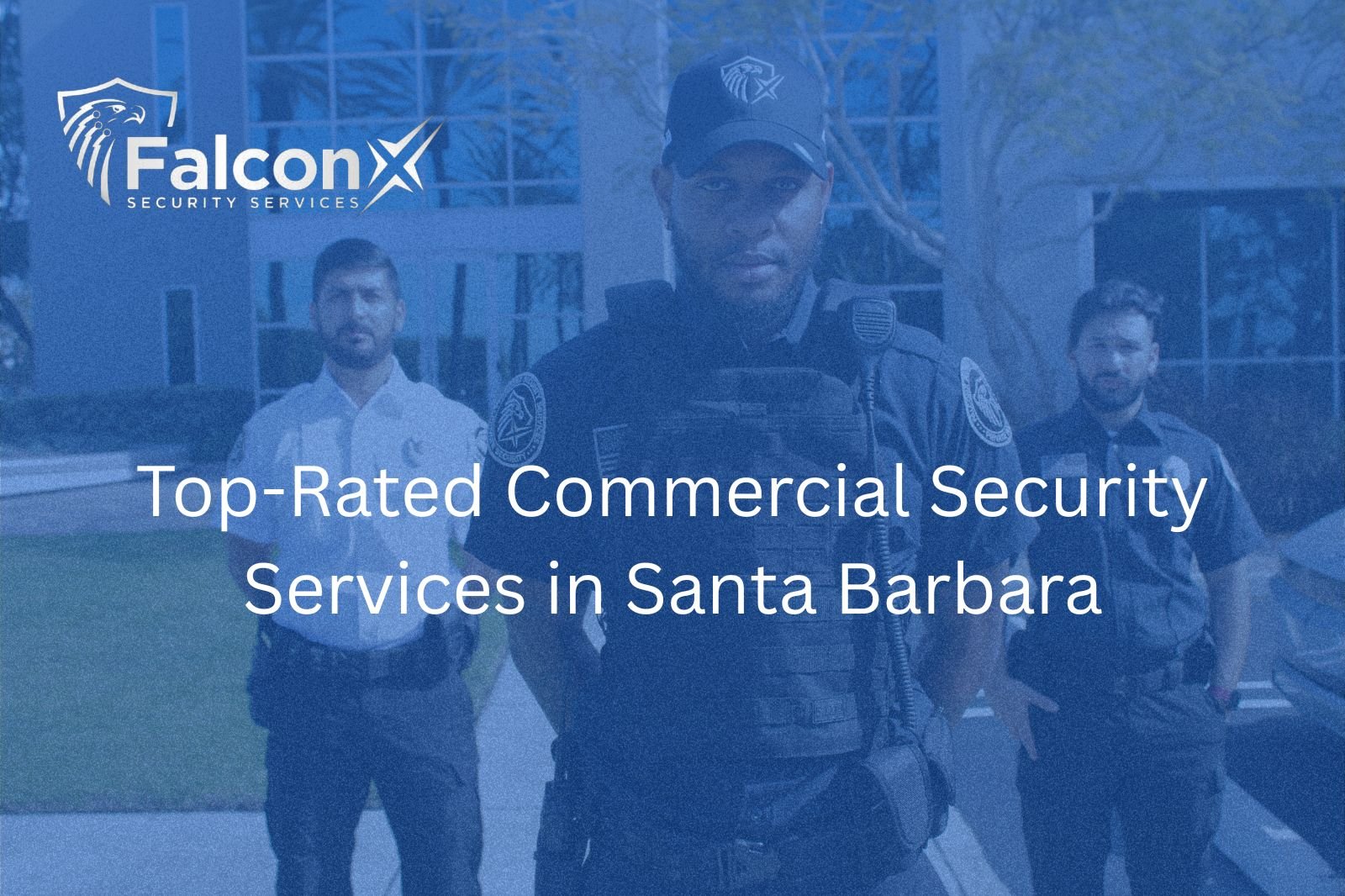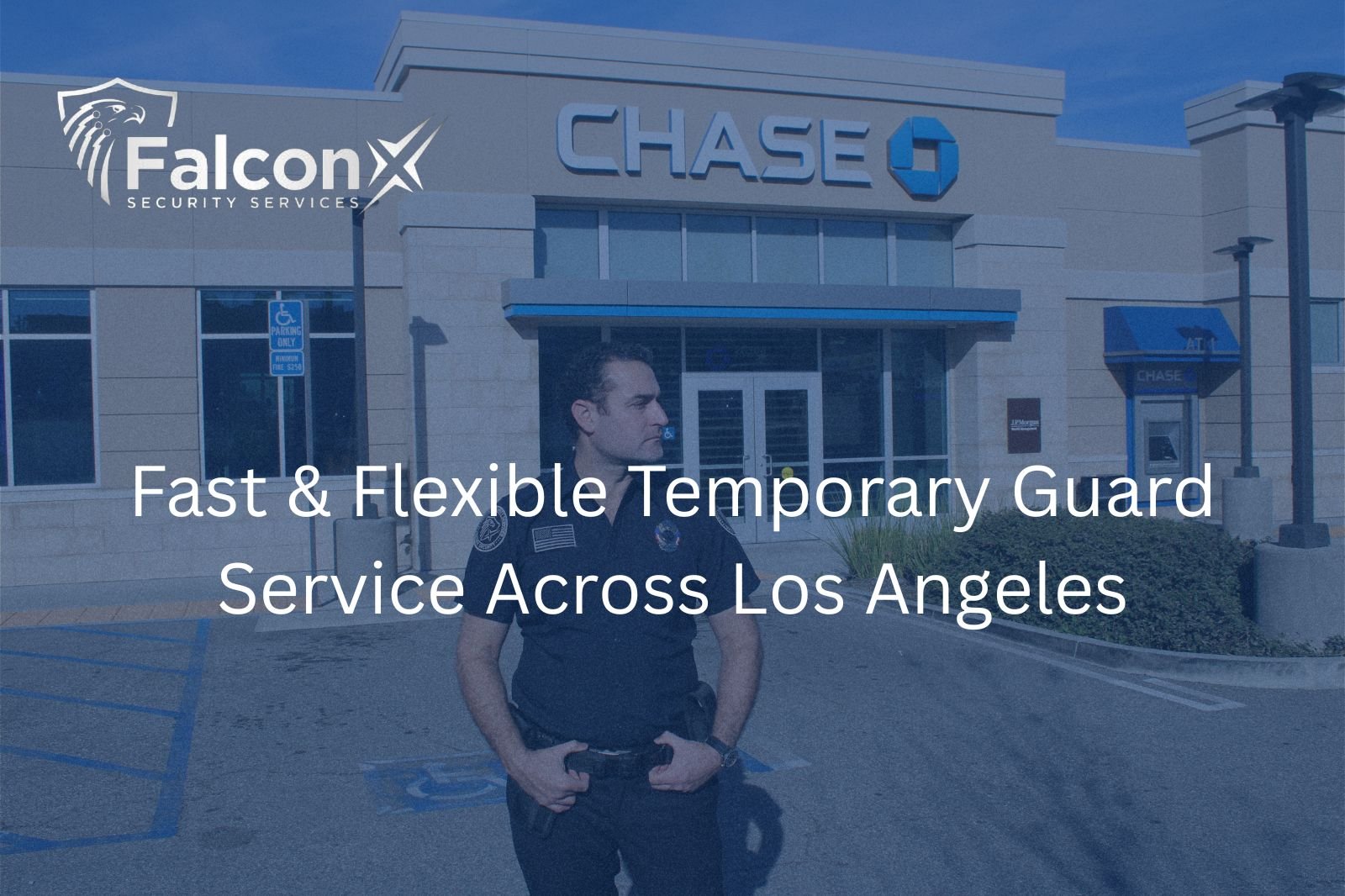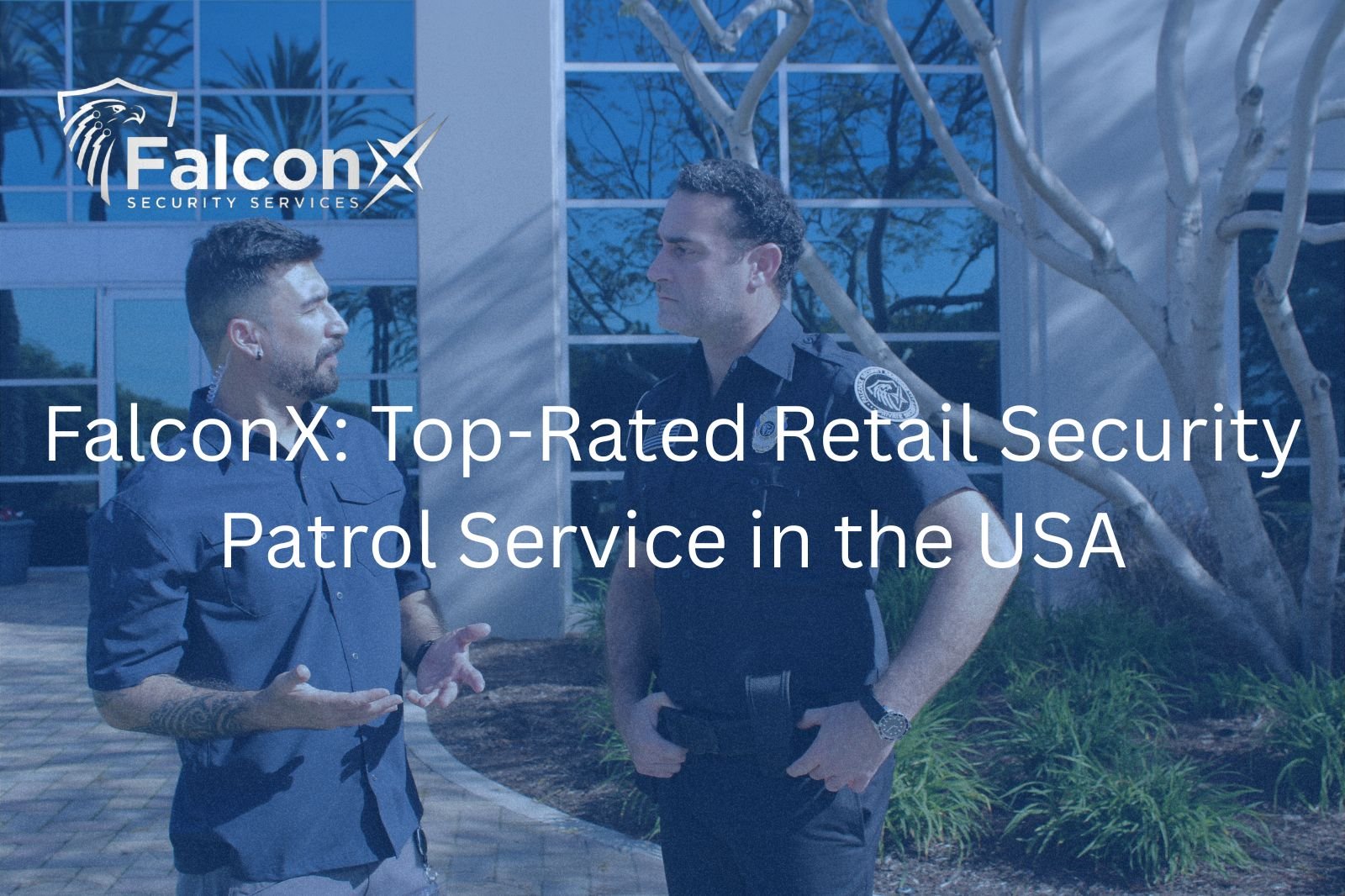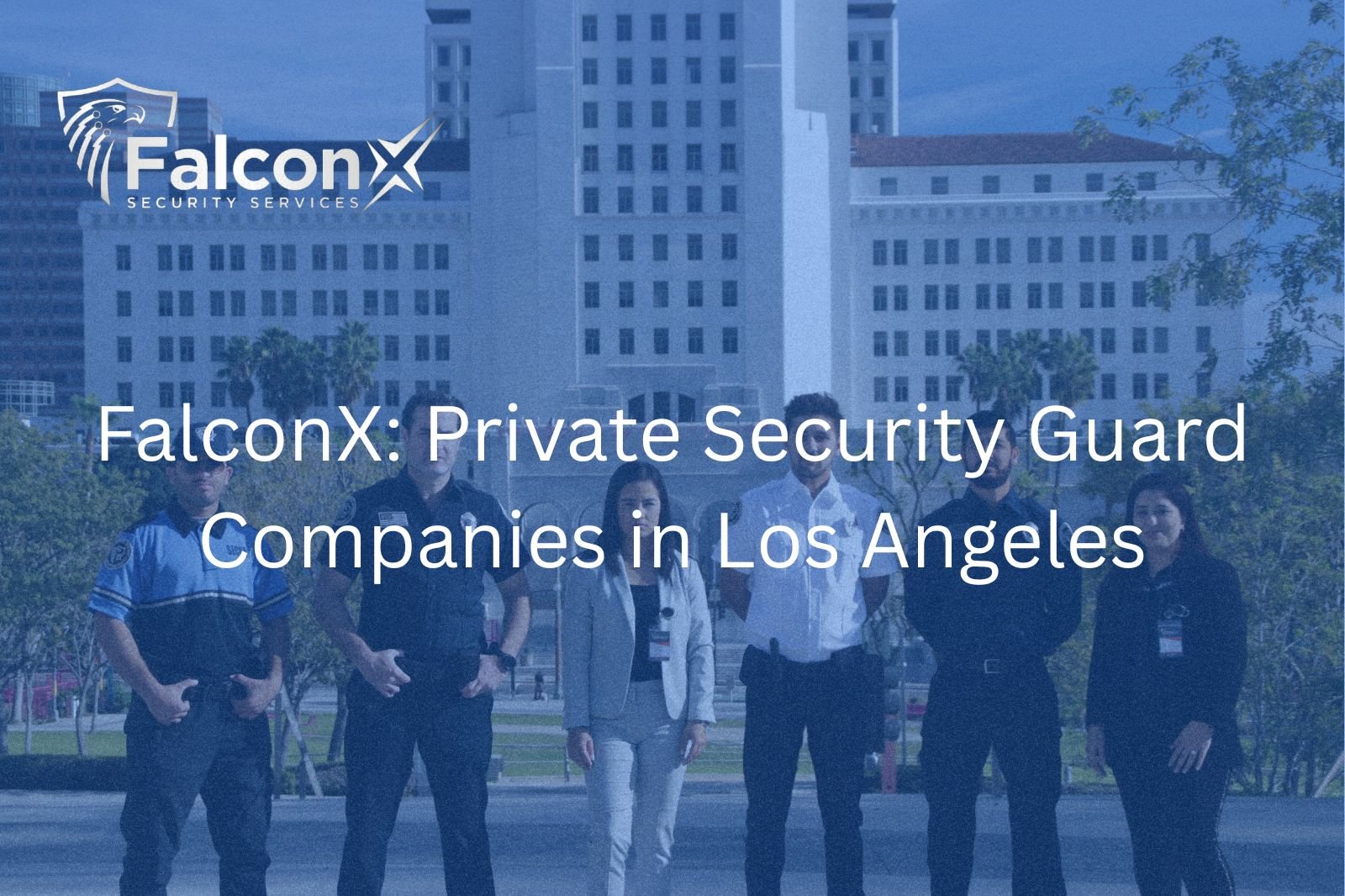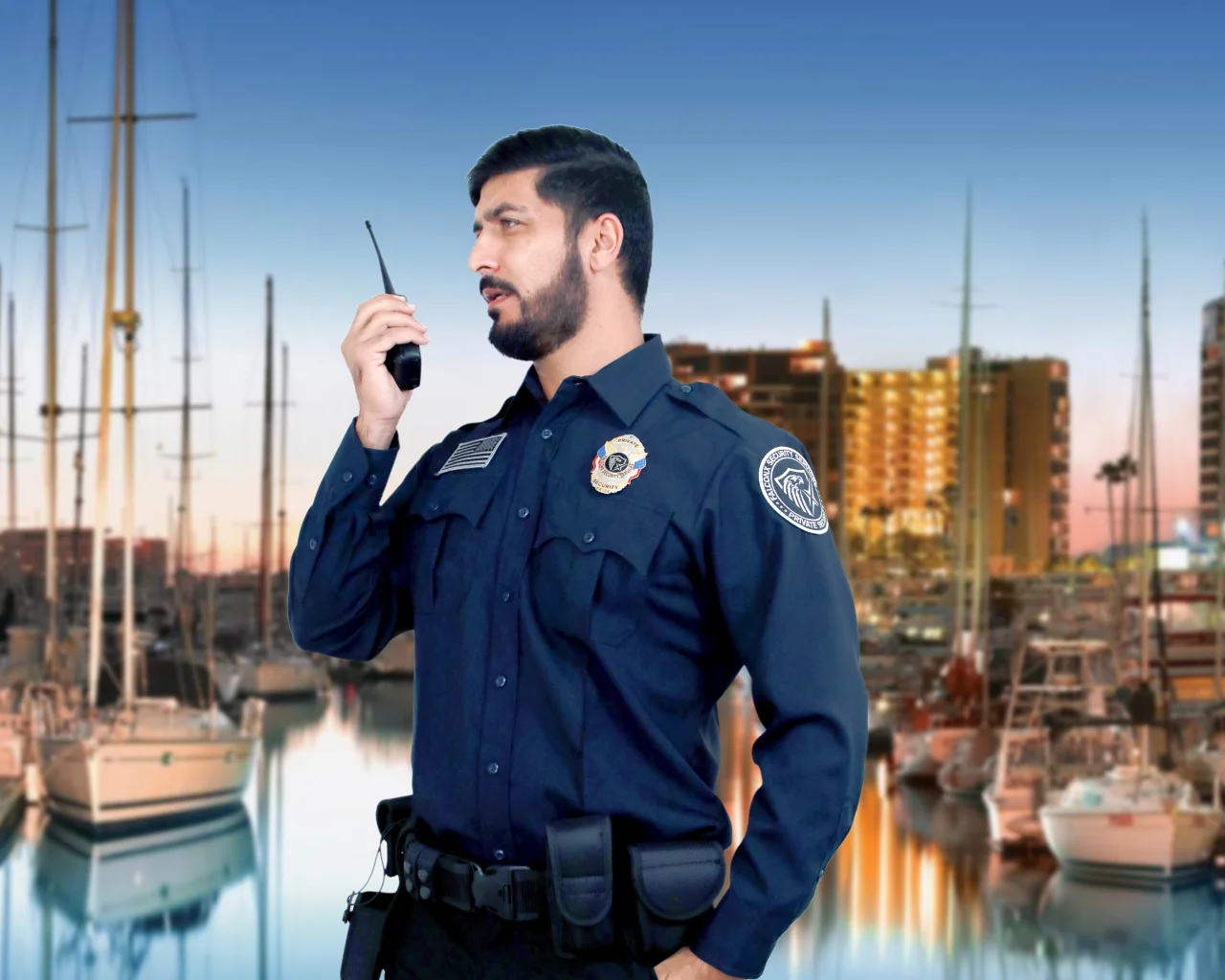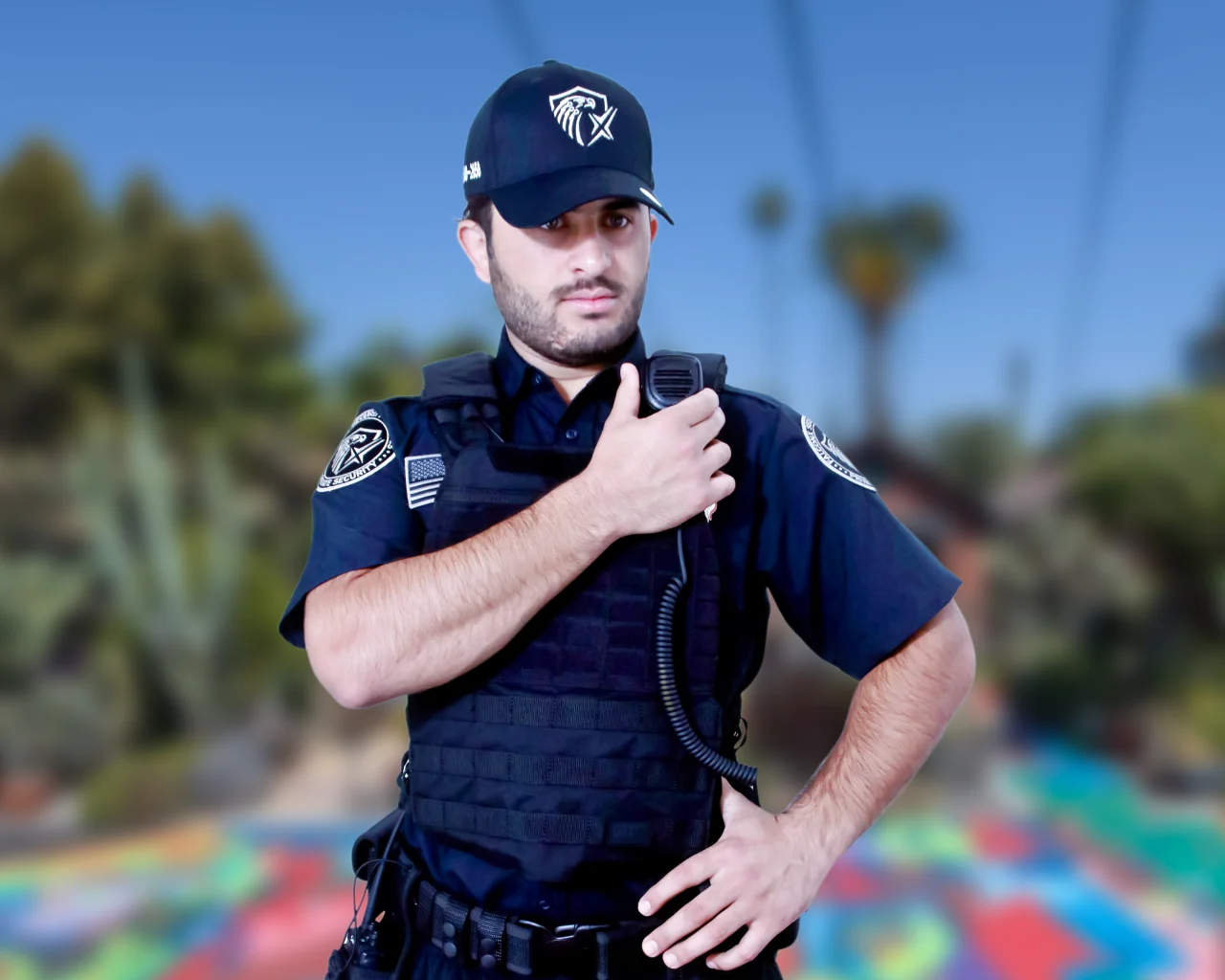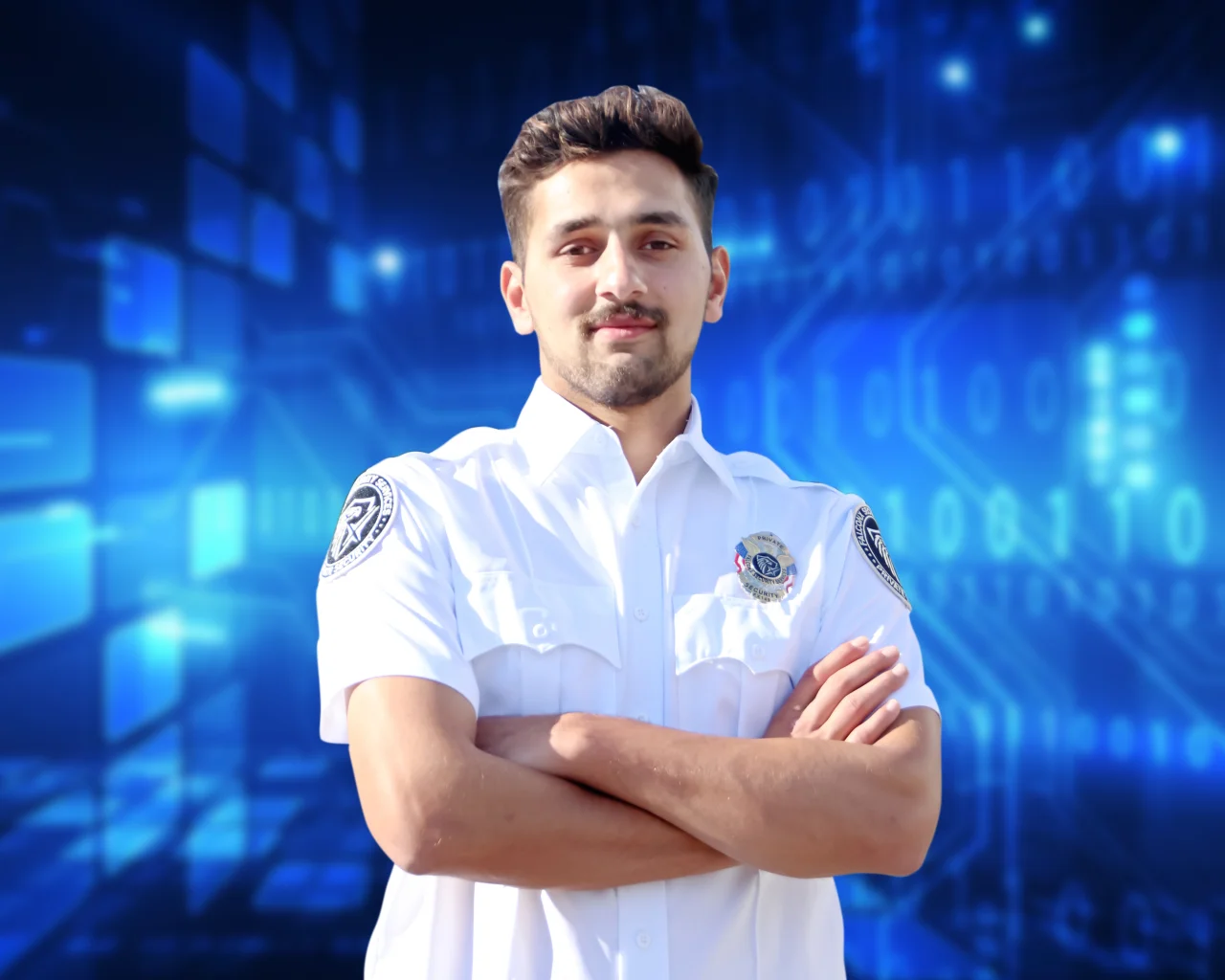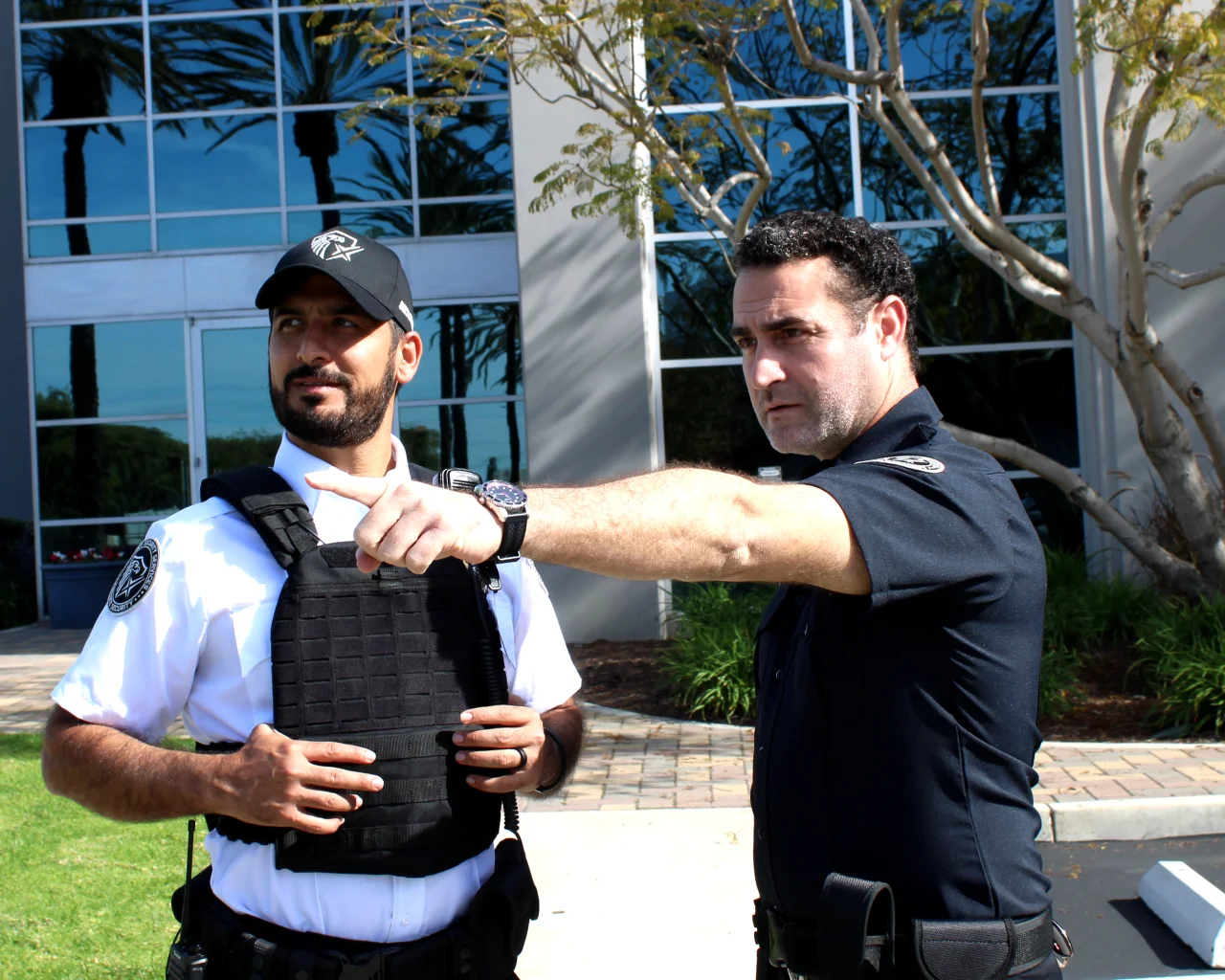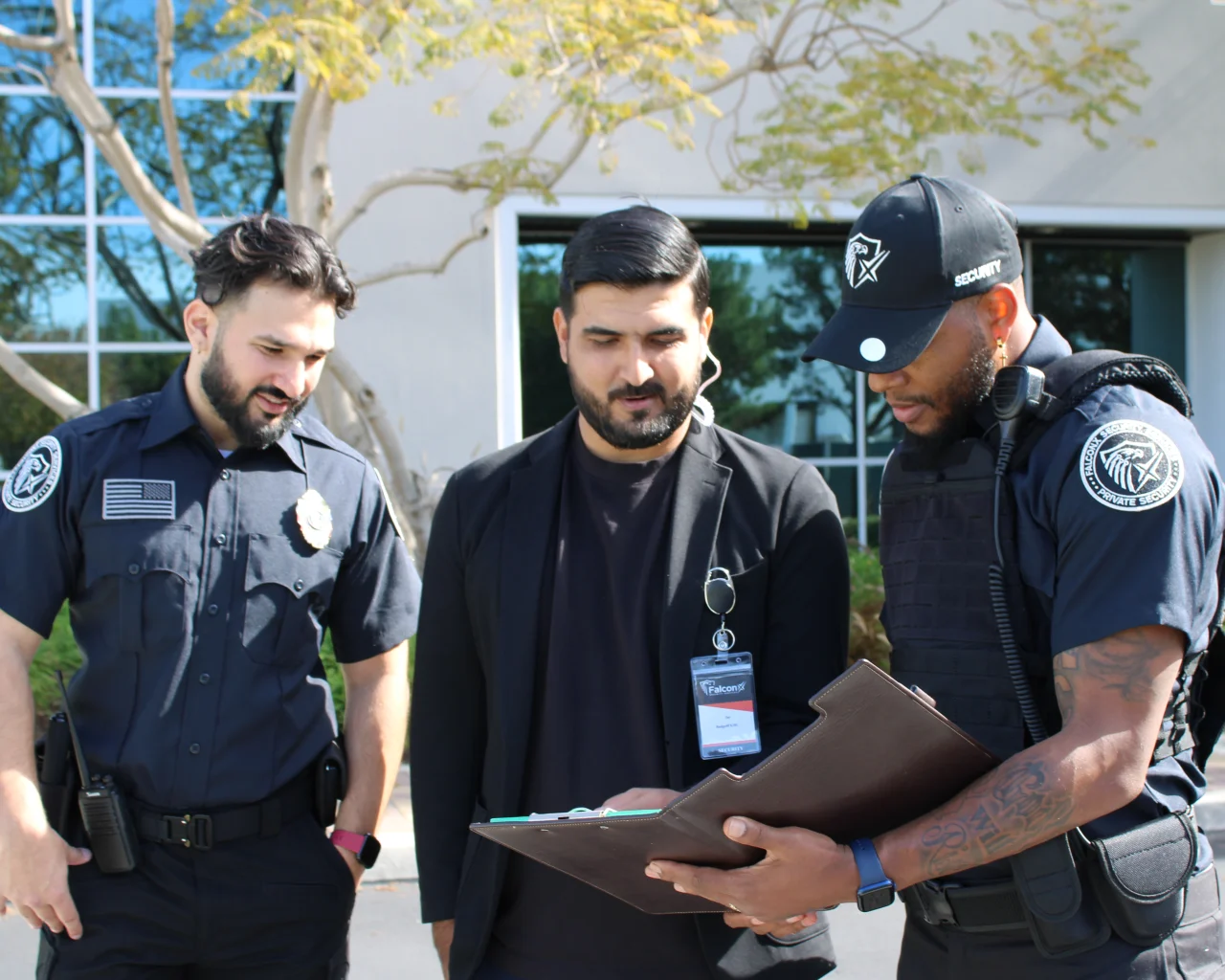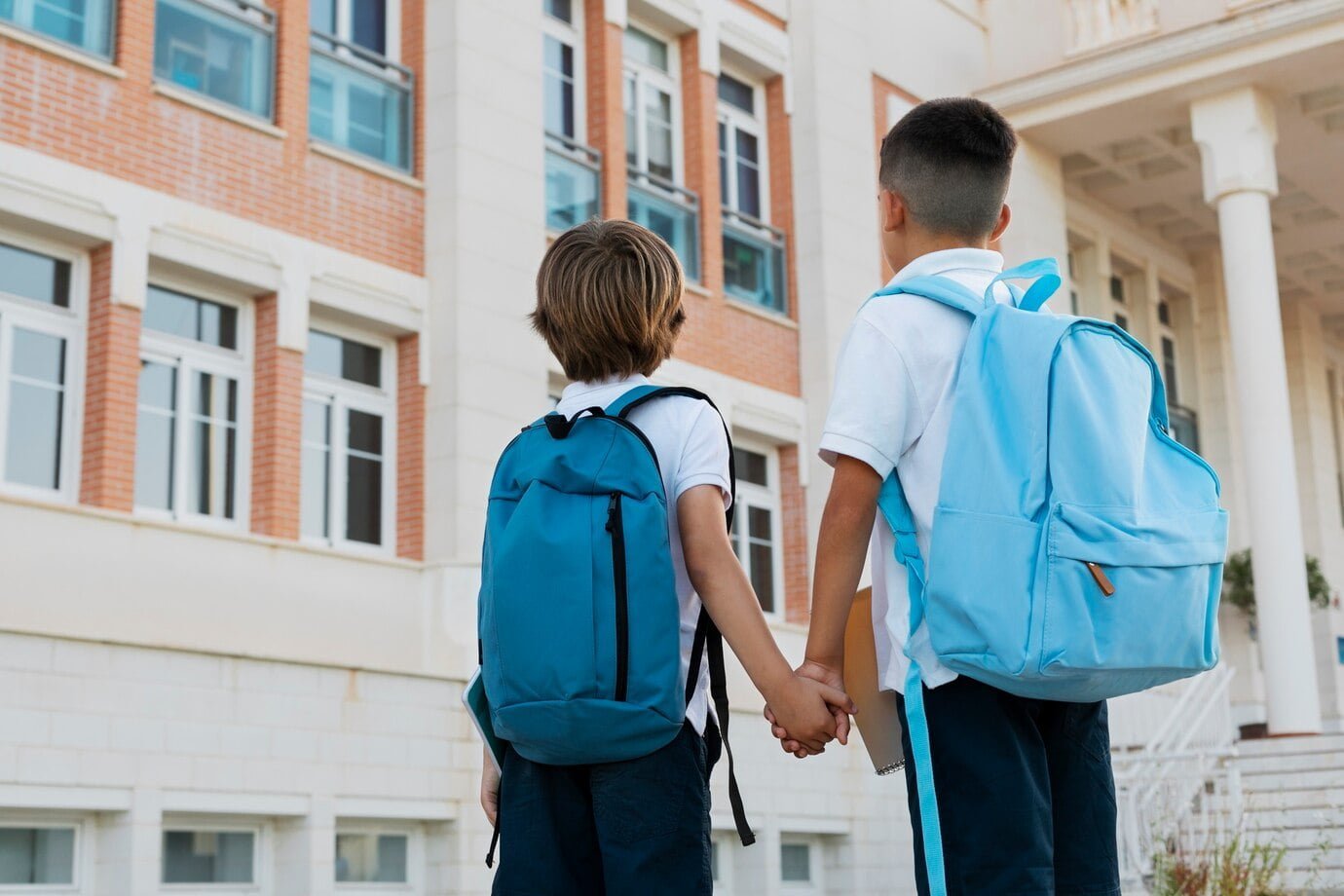Secure your Santa Barbara business with FalconX Commercial Security Services. From offices to retail, we deliver top-rated safety solutions.
Why Businesses in Santa Barbara Need Commercial Security?
Santa Barbara is often considered one of the safest and most peaceful cities in California. However, like any growing community, businesses still face security risks. Criminal activity, theft, and property damage can occur when you least expect it, and without the right security measures, companies risk financial losses, legal troubles, and damaged reputations.
Some of the most common threats faced by businesses in Santa Barbara include:
- Theft & Shoplifting: Retail stores often deal with shoplifters and organized retail crime.
- Vandalism & Property Damage: Graffiti, break-ins, and intentional damage can disrupt business operations.
- Unauthorized Access: Office buildings and corporate centers need strict access control to protect sensitive information.
- Workplace Incidents: Conflicts or emergencies may arise, requiring trained security intervention.
- Construction Site Risks: Expensive equipment and materials are vulnerable to theft after hours.
By hiring a professional commercial security service in Santa Barbara, you protect your investment, safeguard your employees, and ensure customers feel safe when visiting your business.
Your Trusted Security Partner in Santa Barbara
FalconX is not only a security company but also a team of highly trained professionals who understand the unique needs of Santa Barbara businesses. With years of experience in the security industry, FalconX has built a strong reputation for reliability, integrity, and excellence.
What makes FalconX stand out is its commitment to customized solutions. Instead of offering a one-size-fits-all approach, FalconX works closely with each business to assess risks, create tailored strategies, and deliver ongoing protection. Their guards are not only licensed and trained but also focused on professionalism, customer service, and rapid response in emergencies.
When you choose FalconX, you’re not just hiring a guard, you’re gaining a partner dedicated to protecting your success.
Comprehensive Commercial Security Services Offered by FalconX
FalconX offers a full range of commercial security services in Santa Barbara to meet the diverse needs of businesses. Here’s a closer look at what they provide:
1. Armed & Unarmed Security Guards
Depending on your business requirements, FalconX provides both armed and unarmed guards. Unarmed guards are ideal for environments like retail stores or offices, while armed guards provide a higher level of protection for sensitive sites, banks, or high-value businesses.
2. 24/7 On-Site Security
Having a physical security presence at your property is one of the best deterrents against crime. FalconX offers trained on-site guards who monitor entrances, patrol perimeters, and ensure that employees and visitors feel safe at all times.
3. Mobile Security Patrols
For larger properties or businesses that don’t need full-time guards, FalconX provides mobile patrols. These patrols cover multiple locations, checking for suspicious activity and responding quickly when needed.
4. Access Control & Visitor Management
Controlling who enters and exits your building is essential for corporate security. FalconX guards manage visitor logs, employee access, and ID checks to prevent unauthorized entry.
5. CCTV Monitoring & Remote Surveillance
FalconX integrates technology into its services by offering video monitoring and surveillance. Guards can keep watch over security cameras in real-time, ensuring that any suspicious activity is addressed immediately.
6. Fire Watch Security
Businesses undergoing construction, renovations, or experiencing system failures may require dedicated fire watch services. FalconX provides trained guards who monitor for fire hazards and ensure compliance with fire safety regulations.
7. Event & Business Security
Whether you’re hosting a corporate event, trade show, or private gathering, FalconX ensures smooth crowd management, safety, and protection for all attendees.
Industries Served by FalconX in Santa Barbara
FalconX has extensive experience serving businesses across multiple industries in Santa Barbara. Their guards are trained to adapt to different environments and understand the specific risks of each industry.
Some of the industries FalconX proudly serves include:
- Corporate Offices & Business Centers – Keeping employees, clients, and data safe.
- Retail Stores & Shopping Complexes – Preventing theft and enhancing customer confidence.
- Hotels & Hospitality – Ensuring a secure and welcoming environment for guests.
- Warehouses & Logistics Facilities – Protecting valuable goods and supply chains.
- Construction Sites – Safeguarding equipment, tools, and materials after hours.
- Healthcare Facilities – Providing safety for staff, patients, and visitors.
- Educational Institutions – Creating a secure learning environment for students.
No matter what industry your business belongs to, FalconX tailors its commercial security approach to meet your exact needs.
Benefits of Choosing FalconX for Commercial Security
Hiring FalconX comes with a wide range of benefits that directly impact your business success.
- Enhanced Safety: Employees and customers feel secure, which improves overall trust.
- Crime Prevention: A strong security presence deters theft, vandalism, and other risks.
- Quick Response: Trained guards know how to handle emergencies effectively.
- Customized Plans: Services are tailored to your specific business environment.
- Cost-Effective Solutions: Flexible options fit both small businesses and large corporations.
- Professional Image: Security guards contribute to a professional, well-managed business environment.
Why FalconX Stands Out in Santa Barbara
There are several security providers in Santa Barbara, but FalconX continues to be a top choice for many businesses. Here’s why:
- Local Knowledge: FalconX understands Santa Barbara’s neighborhoods and business districts.
- Trained & Licensed Guards: Every guard meets strict training and certification requirements.
- Advanced Technology: Use of modern surveillance tools for stronger protection.
- Proven Track Record: Positive reviews and repeat clients show consistent excellence.
- Customer Service: Guards not only protect but also provide assistance with professionalism.
This combination of expertise, technology, and client focus sets FalconX apart from the competition.
Conclusion
In today’s world, businesses can’t afford to overlook security. Whether you operate a retail shop, office building, hotel, or construction site, protecting your people and assets is essential to long-term success.
FalconX provides top-rated commercial security services in Santa Barbara designed to give you peace of mind and round-the-clock protection. With trained guards, modern technology, and a client-focused approach, FalconX is the trusted partner for businesses across the region.
If you’re ready to secure your property, don’t wait until an incident occurs. Contact FalconX today and discover why so many Santa Barbara businesses rely on them for professional, reliable, and affordable commercial security services.
Contact FalconX Security Services Today
For elite armed security services in San Fernando, contact FalconX Security Services for a free consultation. Our team is ready to design a customized security plan that ensures your safety and peace of mind.
Contact Information:
Address: 11150 W Olympic Blvd, Suite 1050, Los Angeles, CA 90064
Phone: 866-500-2050
Email: info@falconxsecurity.com
